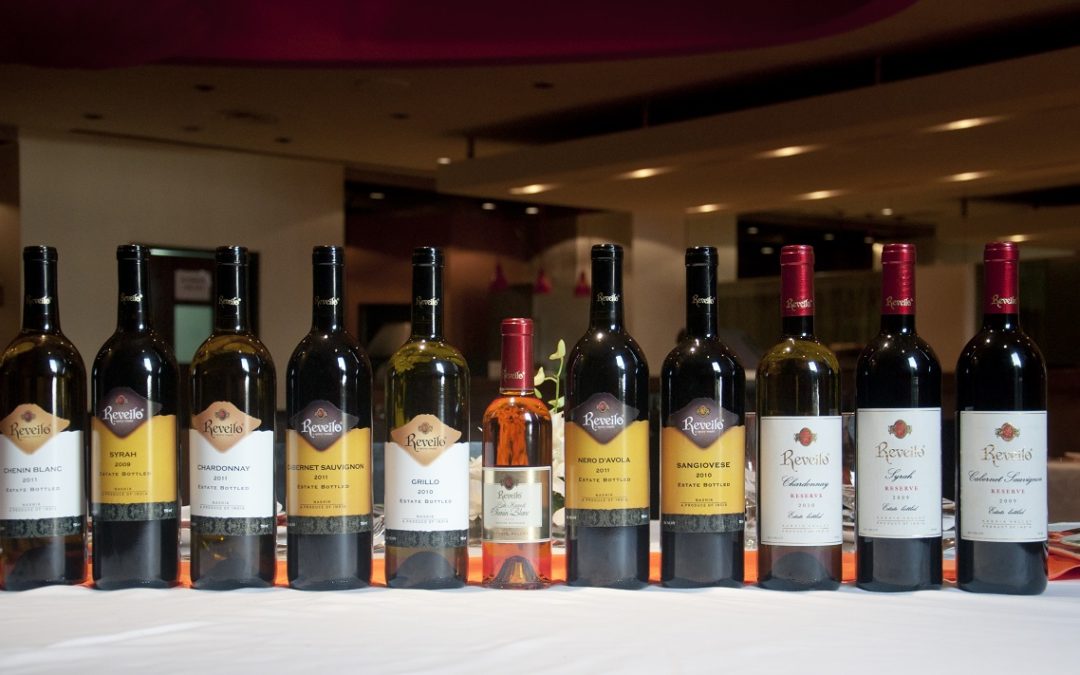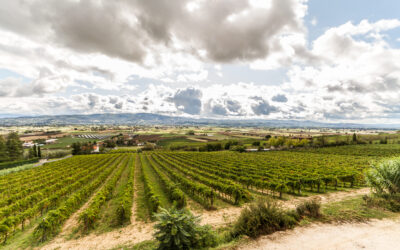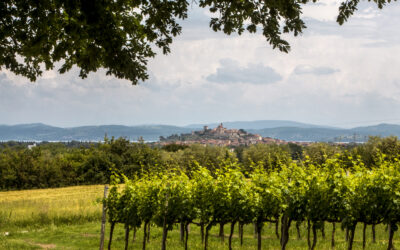Reveilo winery and vineyards is located in the wine corridor of Nashik. Made with excellent quality grapes Reveilo produces an array of red and white wines that are young and tropical in nature and an excellent representation of the new generation’s aspirations. Vintage Wines Private Limited was incorporated on 23rd December 2002 with the primary objective of producing quality wines. It is now a family owned company where the vineyards and winery are managed by Yatin Patil and the sales & marketing by his wife, Kiran Patil from Mumbai.

Kiran and Yatin Patil
Reveilo Wines owes a lot to the Italian technology and know-how. Vintage Wines is unique in having its own vineyards growing table grapes and wine grapes, testing lab, pressing, bottling and maturing facilities as well as temperature-controlled storage area within a single estate. What’s more, Reveilo wines are transported in refrigerated vans (company owned) – the first Indian winery to do so – to ensure no loss in quality. The Reveilo assortment is a collection of the finest estate wines that express a combination of exceptional grape ripeness and the most complete expression of the winemaker’s art. Every bottle of Reveilo bears the Vintage stamp of elegance, balance and texture.
Currently Reveilo is present in the state of Maharashtra, but is planning to expand presence to the other key markets in India and global markets in the near future as well. In an interesting conversation, we spoke with Kiran Patil, Director – Sales & Marketing of Vintage Wines Pvt. Ltd. about the current scenario of the Indian wine industry, the future of win tourism in India and the company’s future plans.
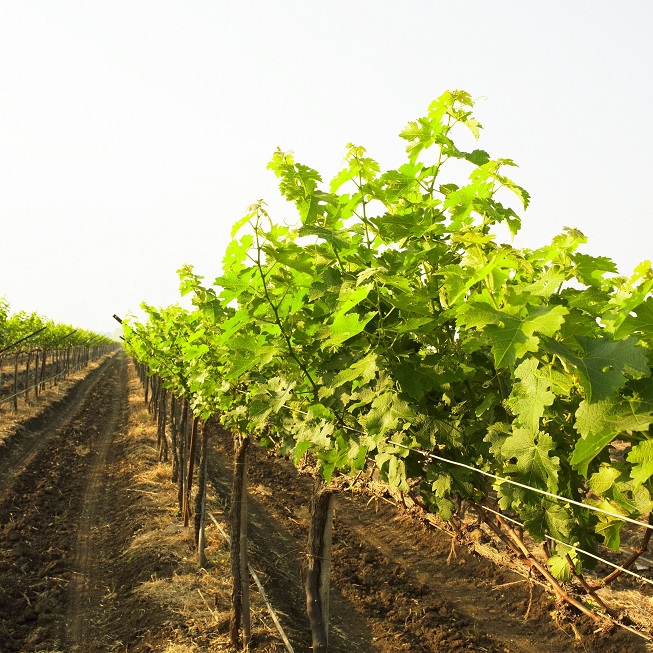
vineyards
What are some of the new measures your team has put into place to deal with the post-Covid-19 situation?
At Vintage Wines, the major impetus is on sales and marketing, with brand building and market expansion. In the future, Reveilo would like to expand it’s footprint in the metro cities across the country, thus establishing a national presence and strengthening the brand in the premium segment. With home consumption on the rise, there is a clear focus to develop the retail channel. The online and other OTT platforms have emerged as the new advertising mediums. As a business strategy, we have been focusing on the end consumers through our social media and other digital platforms.
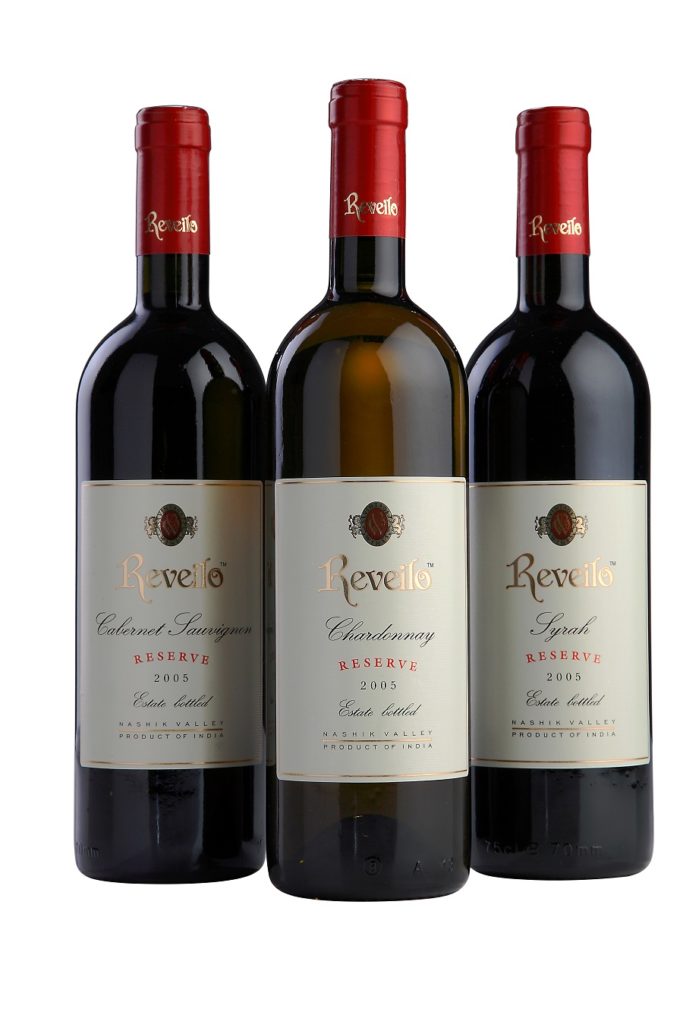
Reserve Range
How has the pandemic affected the wine industry in India?
The economic impact caused by the pandemic has posed the most acute challenge to the Indian wine industry.
Back-end – Whilst the disruption in terms of sourcing, logistics and sales has not majorly affected the production of wines, being an agro based industry. So production is not the concern, it is the sales that is the bone of contention and has taken a beating. The pandemic has witnessed extensive closure and restrictions on hotels and restaurants. This industry was only restricted to takeaways / home deliveries for a very long time. Sales to this channel was almost negligible.
On the other hand, retail has seen a 100% increase in the last 1 year, with a huge surge in home deliveries. There has been a shift in the consumption pattern, as people have now shifted to consuming wine at home. Consumers are opting for both – luxury brands, as there is a significant saving in the ‘dining out’ budget. At the same time, the ‘value for money’ products are also becoming popular. Thus, the focus of the industry has naturally shifted to retail.
On the wine tourism front, due to the pandemic, people are restricting their travel to nearby places that are also convenient to drive down and are exploring the nearest locations to unwind and relax. This is a reason for the surge in footfalls at the vineyard and wineries that have their wine tourism model well developed. There has been a digitization within the wine industry, with the producers wanting to increase Direct-To-Consumer (DTC) sales. Online communication has boomed with retailers and producers intensifying their online communication via social media, opened online shops, conducted online tastings and offered delivery services.
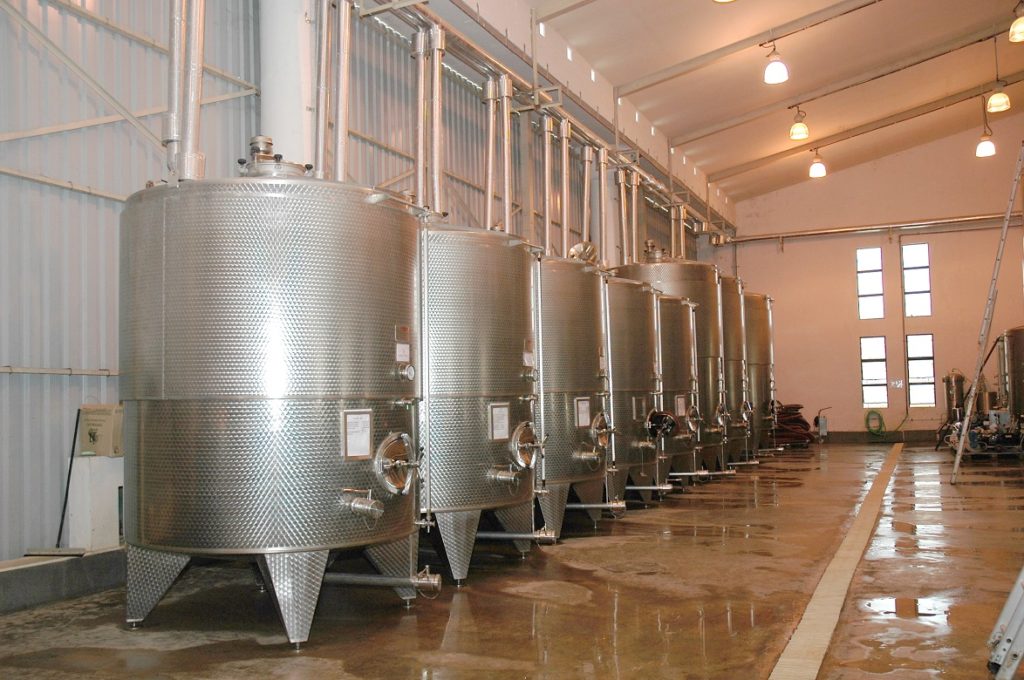
tank room
What is the USP of your wines?
Estate Bottled
Reveilo is one of the few estate bottled wineries today, wherein the wines are made solely from the grapes produced in-house. All varieties are planted in-house to ensure consistent quality and complete control.
Style of Wines/Wines for All
Reveilo wines are young, easy to drink and fruit forward wines. The grapes are harvested when the ripeness is at it’s optimum and the tannins are soft. While we produce international quality wines, we ensure that the wines cater to the taste preferences of a novice and a connoisseur alike.
The Italian Range (USP)
The vision of providing an Indian consumer with an authentic Italian experience motivated us to stride the less travelled path of importing root stocks from Italy of certain local Italian grape varietals and planting them on the Indian soil in Nashik. With the introduction of the three varieties – Grillo, Nero d’Avola and Sangiovese, Vintage Wines has become the first and is the only company in India to produce wines from Italian grapes, further carving a niche of it’s own.
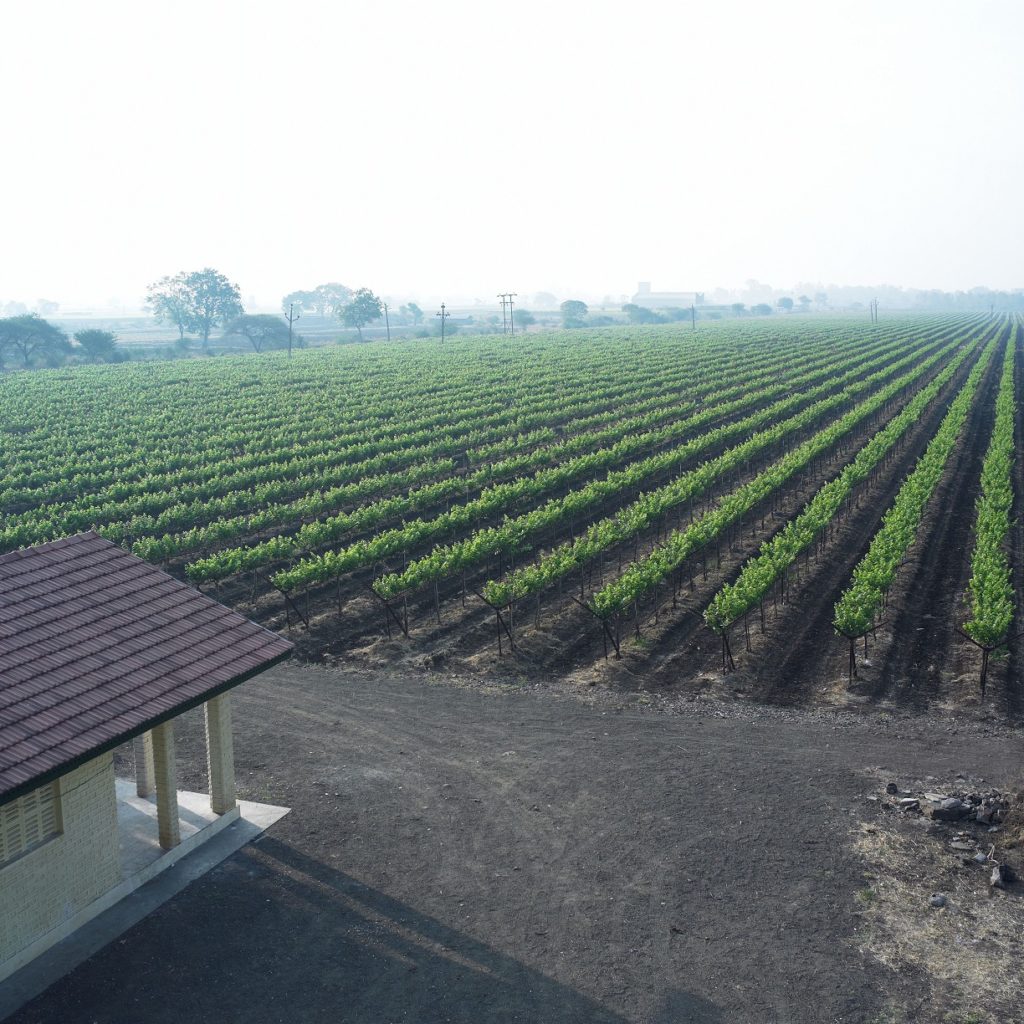
Reveilo-Vineyards-expanse
What is the future of wine tourism in India?
Wine tourism involves visits to wineries and vineyards, organized wine tours, tastings, consumption and purchase of wines at the winery. This concept is increasingly gaining popularity. Over the last five years, wine tourism has seen a boom in India, with almost all the big players opening their doors to patrons from around the country. They have proactively transformed wineries with guest houses/hotels for wine lovers to spend time in the scenic vineyards while learning about how wine is made, consumed and celebrated. Today’s millennials are taking an active interest in wine. They want to know their wines, learn more about the ideal food-wine pairing learn more about the nuances of swirl, sniff and sip.
For the hard working millennial, the picturesque and scenic Nashik region of wineries, vineyards and cheese farms is the new weekend getaway option – ‘wine getaway’. These are plush properties, with good food (inclusive of local flavours, which is an added perk) and open spaces, making them a great weekend outing for a couple or families. Also, every wine brand in India needs engagement with their customers.
This new belt — a short drive away replete with serenity, great climate, fresh air and a lot of greenery is a sure winner.
Do you think a good wine is determined by its taste or harmony or flavour or ability to age, or simply if people like it?
Many criteria are commonly used when assessing the quality of wine.
However, it’s all about balance with fruit and sugar on one side; acidity and tannins on the other. When assessing balance, one should also consider how well integrated each of the separate components are. Alcohol should be well integrated, whatever its level and so should be the aromatic components, such as those derived from oak. But, of course, in the end, you either like the wine or you don’t.
Do Indian wines have the quality to be good investments?
Very few Indian wines have the potential to age. Most of the wines are best consumed young and fresh, as India lies in the tropical zone, with a warm climate.
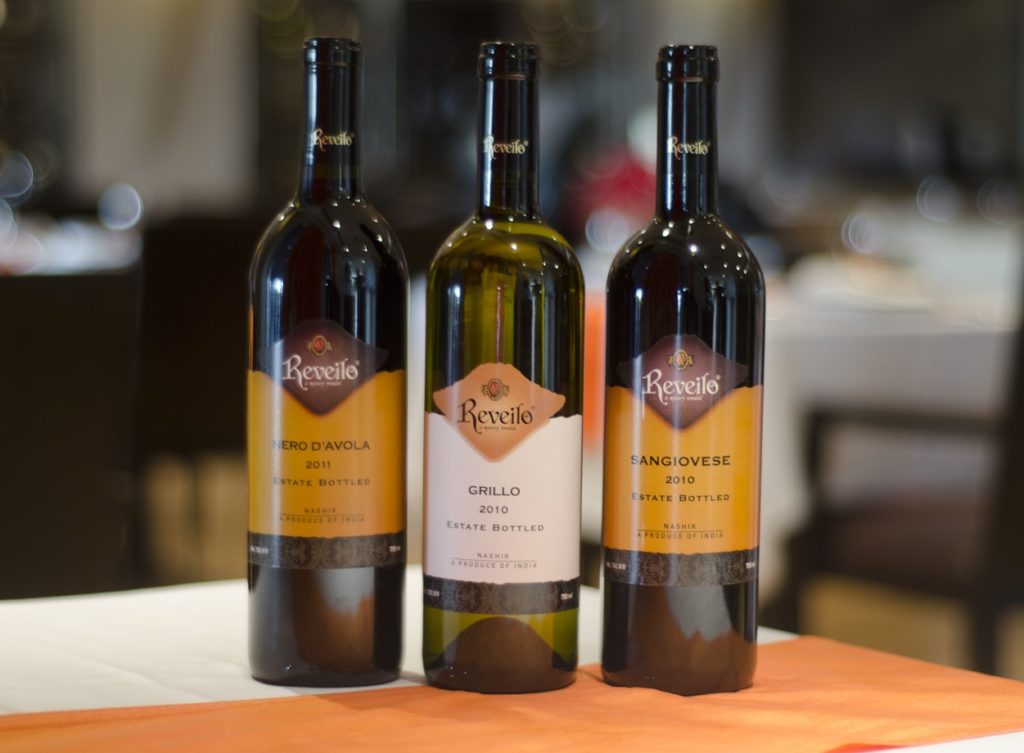
Italian-Range.
2020 was a challenging year for the hospitality industry. In your opinion, how will travel trends change in 2021?
Travel is likely to be a major trend over the next 12-24 months. From quick weekend getaways, staycations to road trips, many people are resorting to ‘revenge travel’ in a bid to escape from the monotonous life that the second wave of the pandemic induced lockdown has brought forth. Domestic tourism will see a surge in the second half of 2021, with travelers preferring to explore their own country and go on short weekend trips. This will increase the visibility of remote destinations and help the locals of the destinations in getting their livelihood back. People will look to take a vacation within driving distance of their homes due to financial concerns. Also, international travel will be a hassle due to restrictions.
The concept of being location-independent, traveling and working remotely has become popular, since the pandemic started. The hospitality industry is starting to cater specifically to digital nomads. The concept of workation, where you can work remotely from paradise for an extended period of time is gaining momentum.

winery
I believe your wines are vegan, please tell us more in this regard.
Reveilo has always followed a consumer centric approach; so keeping the end consumer and the environment in mind we pursued the vegan approach, as wine ultimately is a plant based derivative. One of the most effective things an individual can do to lower their carbon footprint is to avoid all animal products thereby preventing the exploitation of animals. Today’s consumer is increasingly health conscious; research has linked vegan diets with health benefits.
Our wines are vegan and gluten free, as we do not use any form of animal protein or milk/gluten based products or any other derivatives for processing (clarifying, fining, and stabilizing) of the wine. We use bentonite as a fining agent.
Though we were producing Vegan wines since many years, our wines were labelled ‘Vegan’ only in 2019 since the new FSSAI labeling norms came into force.


